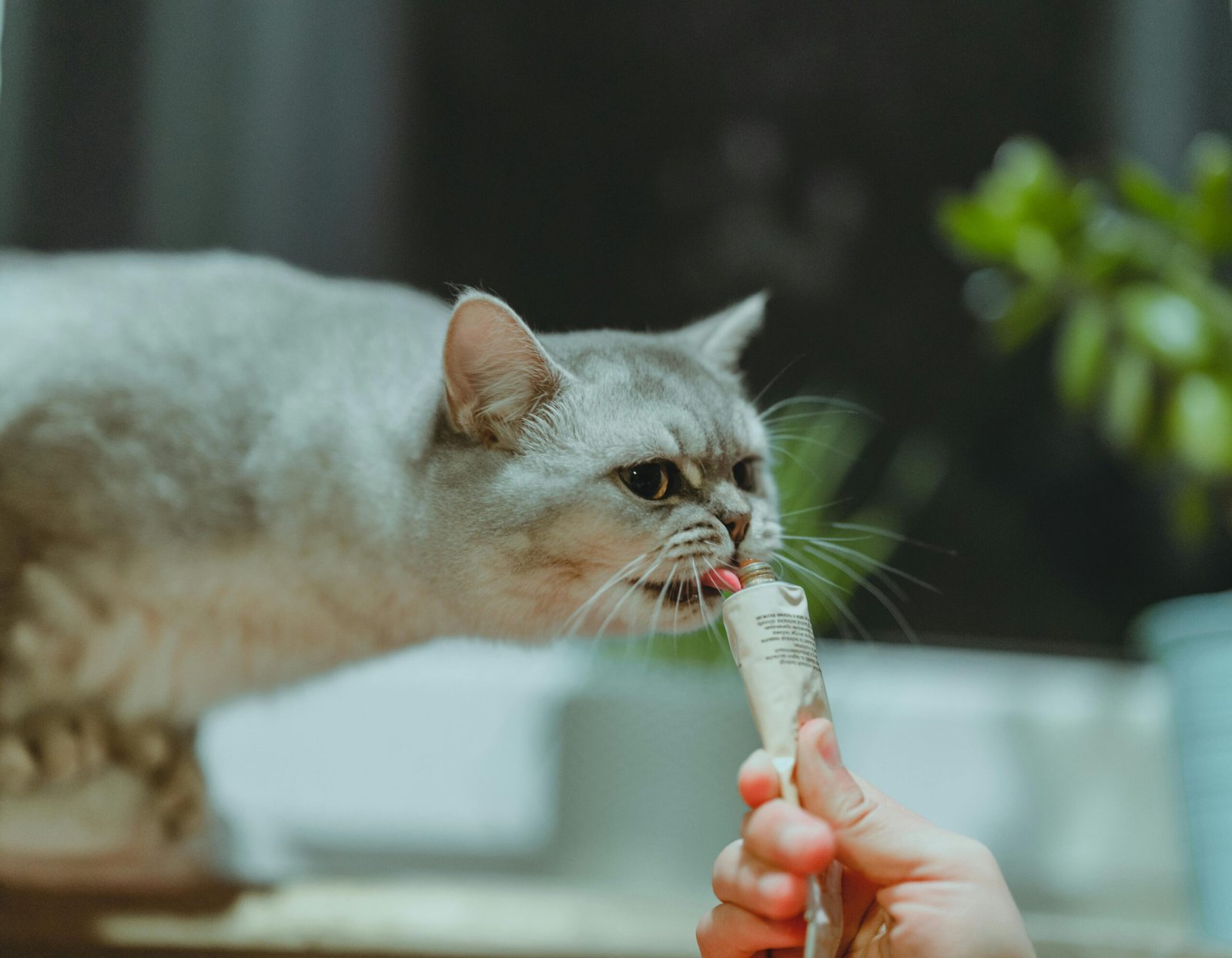Cats are known for their particular eating habits, but when your feline friend stops eating, it can cause concern. Understanding the reasons behind your cat’s loss of appetite and knowing what steps to take can help ensure they stay healthy and happy. This article explores six common reasons your cat may not be eating and provides practical solutions to address each.
1. Health Issues
Dental Problems
Dental problems such as gingivitis, tooth abscesses, or broken teeth can make eating painful for your cat. Regular veterinary check-ups and dental cleanings can help prevent these issues.
Gastrointestinal Problems
Gastrointestinal issues like pancreatitis, inflammatory bowel disease, or constipation can lead to a loss of appetite. If your cat shows signs of vomiting, diarrhea, or lethargy, consult your vet for a proper diagnosis and treatment plan.
Respiratory Infections
Respiratory infections can affect your cat’s sense of smell, making food less appealing. Symptoms like sneezing, coughing, and nasal discharge indicate a respiratory issue that needs veterinary attention.
2. Behavioral Factors
Stress and Anxiety
Changes in the household, such as moving to a new home, introducing a new pet, or changing routines, can cause stress and anxiety in cats. Creating a calm environment and providing hiding spots can help reduce stress.
Changes in Diet
Sudden changes in your cat’s diet can lead to a loss of appetite. Gradually transitioning to a new food over a week can help prevent this issue.
Feeding Environment
Cats can be particular about their feeding environment. Ensure their food and water bowls are clean, placed in a quiet area, and away from their litter box.
3. Food Preferences
Taste and Texture
Cats can be fussy and may reject food due to its taste or texture. Experiment with different flavors and types of cat food to find one your cat enjoys.
Temperature of Food
Some cats prefer their food at room temperature. Warming up wet food slightly can make it more appealing.

4. Age-Related Changes
Older Cats
Older cats may have decreased appetite due to dental issues, slower metabolism, or underlying health conditions. Regular vet check-ups are crucial to monitor their health.
Kittens
Kittens need more frequent feeding and can be picky. Offer a variety of kitten-appropriate foods to ensure they are eating enough.
5. Environmental Factors
Temperature and Weather
Extreme temperatures can affect your cat’s appetite. During hot weather, cats might eat less. Ensure they stay hydrated and offer food during cooler parts of the day.
Household Changes
Renovations, new family members, or changes in routine can disrupt your cat’s eating habits. Maintaining a consistent feeding schedule can help.
6. Medication Side Effects
Medications
Certain medications can reduce your cat’s appetite. If you suspect a medication is the cause, consult your vet about possible alternatives or solutions.
What To Do When Your Cat Is Not Eating
Consult Your Veterinarian
Always consult your veterinarian if your cat stops eating for more than 24 hours. They can rule out any underlying health issues and provide appropriate treatment.
Encourage Eating
Encourage your cat to eat by offering their favorite foods, warming up wet food, or hand-feeding. Sometimes, a little extra attention can make a big difference.
Create a Calm Environment
Reduce stressors in your cat’s environment by providing a quiet, safe space for them to eat. Use pheromone diffusers to help calm anxious cats.
Monitor Their Health
Keep an eye on your cat’s overall health and behavior. Changes in weight, energy levels, or litter box habits can provide clues about their well-being.

Leave a Reply